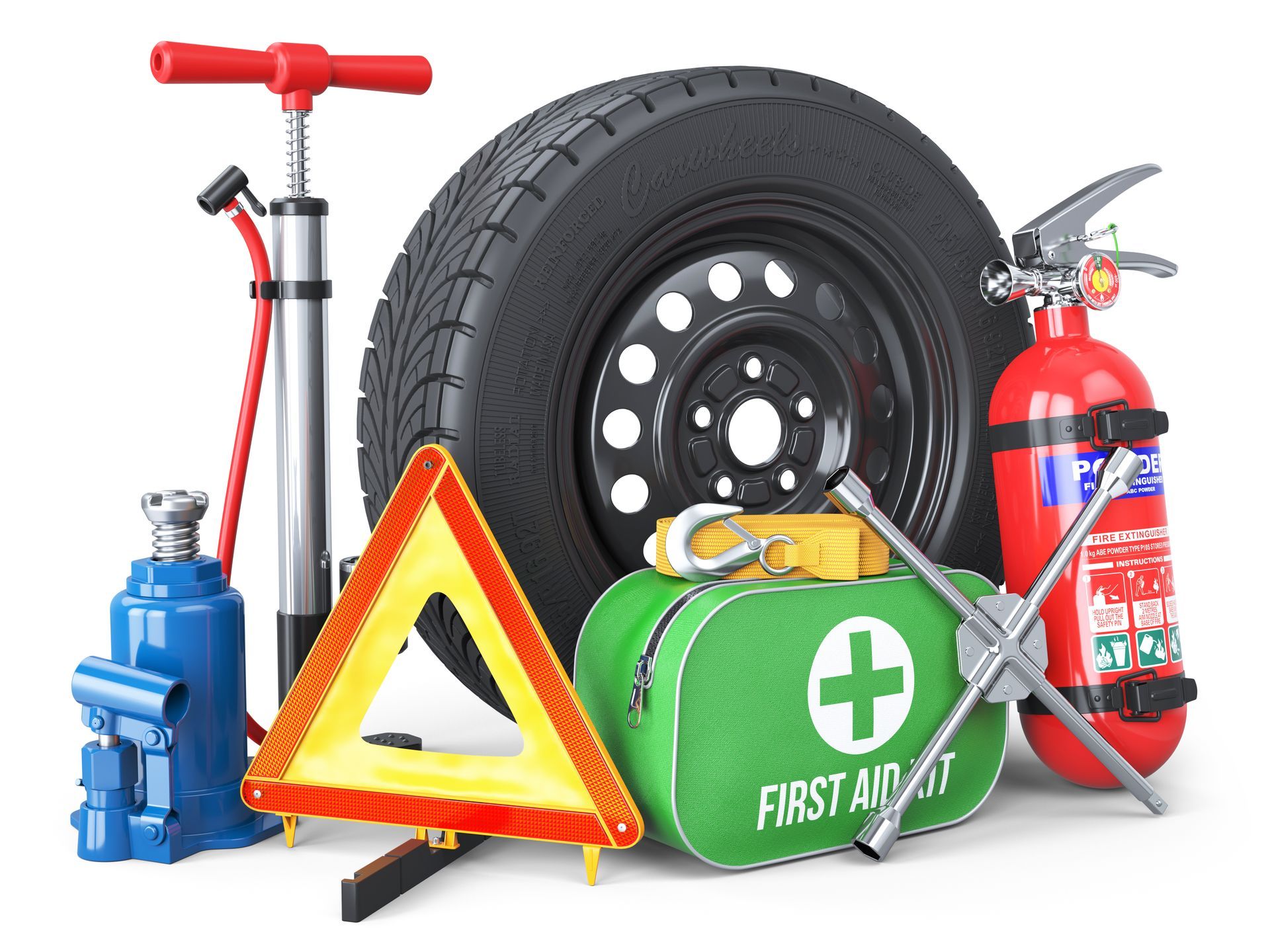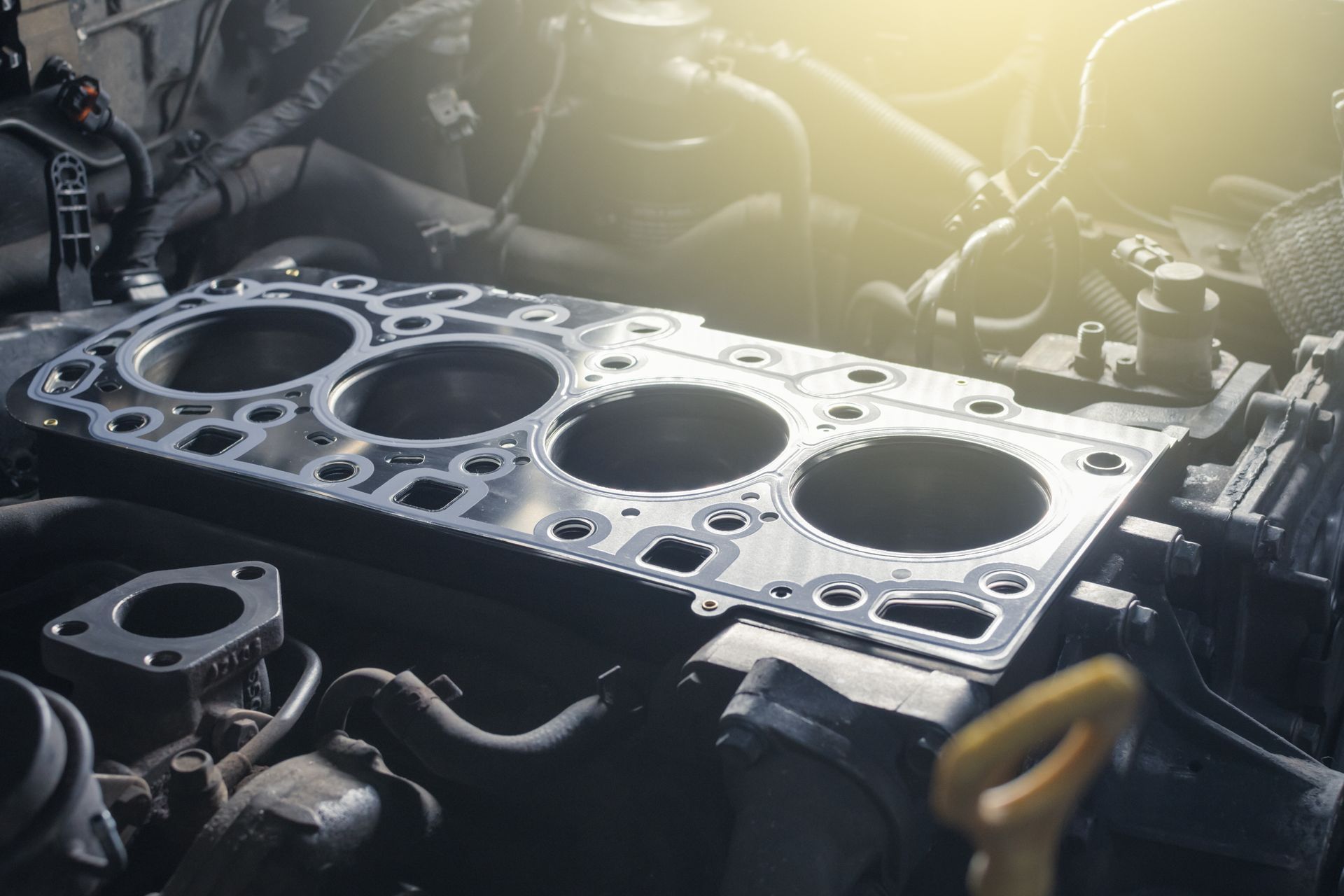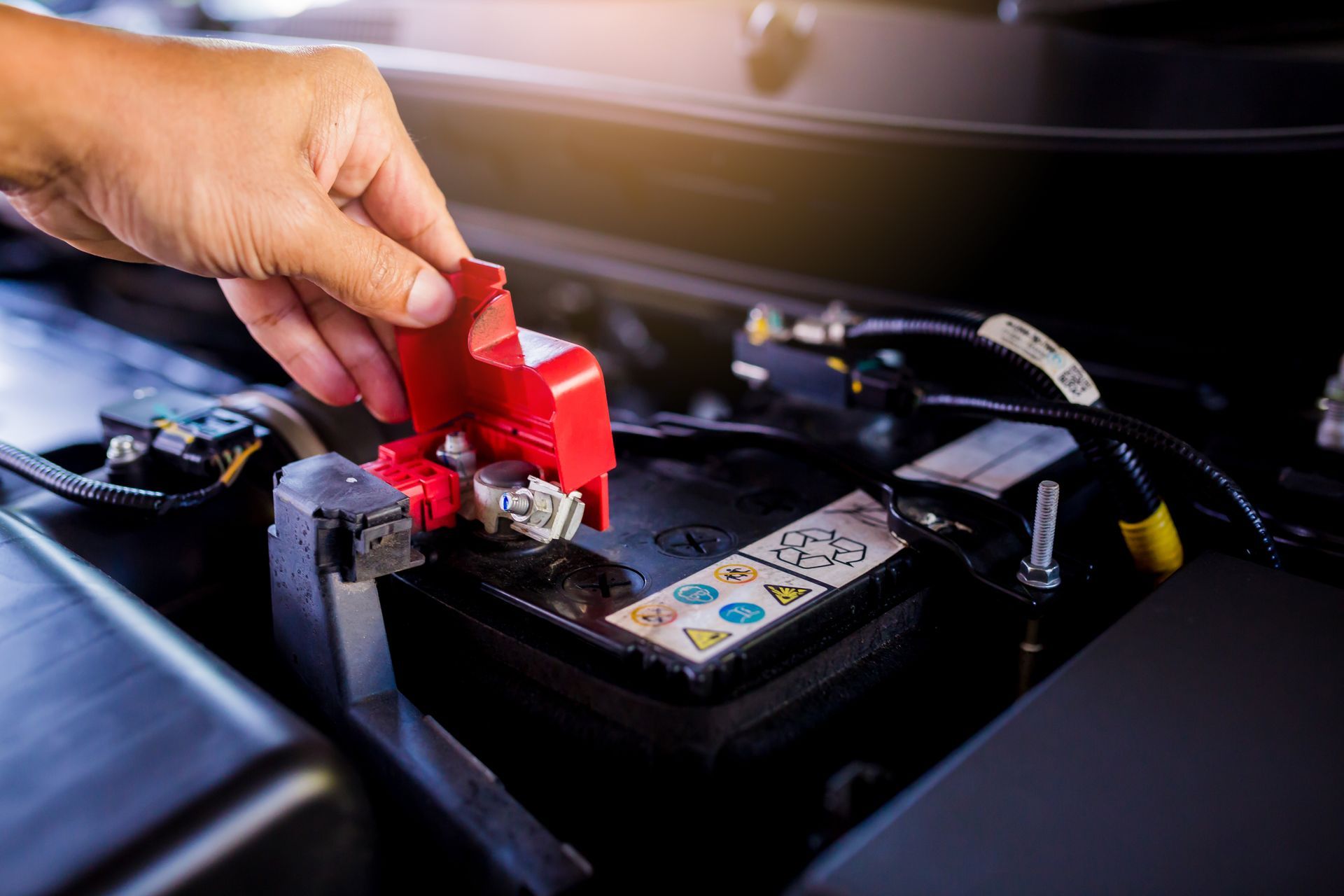Your car’s exhaust system does more than just reduce noise—it plays a crucial role in directing harmful gases away from the engine, improving fuel efficiency, and keeping emissions within legal limits. When something goes wrong with the exhaust, you might notice performance issues, strange smells, or even a louder engine. Ignoring exhaust problems can lead to reduced fuel economy, poor engine performance, and potential health risks from exposure to toxic fumes.
If you’re wondering whether your exhaust system needs repair, there are several warning signs to watch out for. Understanding these symptoms can help you take action before a small issue turns into a costly repair.
How Your Exhaust System Works
The exhaust system consists of multiple components that work together to direct engine fumes safely out of your vehicle. These include the exhaust manifold, catalytic converter, muffler, and tailpipe, as well as oxygen sensors and gaskets that help regulate emissions and efficiency.
When your engine burns fuel, it produces gases like carbon monoxide, nitrogen oxides, and hydrocarbons, which must be filtered and expelled properly. A functioning exhaust system ensures that these gases don’t build up in your car’s cabin while also reducing pollutants released into the environment.
Signs Your Exhaust System Needs Repair
A failing exhaust system often starts with small symptoms that worsen over time. If you experience any of the following issues, it may be time to have your exhaust inspected by a professional:
Loud Engine Noise
A sudden increase in engine volume is often the result of a damaged muffler or a leak in the exhaust system. Since the muffler is designed to reduce noise, a hole or break will make your car noticeably louder.
Rattling Sounds Under the Car
If you hear a metallic rattling noise, especially when idling, it could mean your catalytic converter is failing. This part is responsible for reducing harmful emissions, and when it becomes clogged or damaged, it can affect engine performance.
Strong Exhaust Fumes Inside the Car
A properly functioning exhaust system directs fumes away from the vehicle. If you smell gasoline or burning fumes inside the cabin, there could be a leak that needs immediate attention.
Decreased Fuel Efficiency
A failing exhaust system can reduce engine efficiency, making your car work harder and burn more fuel than usual. If you’ve noticed a drop in gas mileage, it may be linked to a failing oxygen sensor or an exhaust leak.
Check Engine Light Is On
Many modern vehicles have sensors that detect exhaust problems. If your check engine light appears, it could indicate an issue with the catalytic converter, oxygen sensor, or another exhaust component.
What Causes Exhaust System Damage
Your exhaust system is constantly exposed to heat, moisture, and road debris, making it vulnerable to wear and tear over time. Common causes of exhaust system failure include:
- Corrosion and Rust – Exhaust pipes and mufflers are prone to rust, especially in areas with high humidity, snow, or salted roads.
- Loose or Broken Hangers – Exhaust components are held in place by metal hangers, which can wear out and cause parts to sag or disconnect.
- Physical Damage from Road Debris – Hitting potholes, speed bumps, or road debris can cause dents or cracks in the exhaust system, leading to leaks.
- Clogged Catalytic Converter – Over time, catalytic converters can become clogged with carbon buildup, reducing their ability to clean exhaust gases.
Why You Shouldn’t Ignore Exhaust Problems
Exhaust system issues aren’t just about performance—they’re a serious safety concern. A damaged exhaust can release carbon monoxide into your car, which is a colorless, odorless gas that can cause dizziness, nausea, and even life-threatening poisoning.
Ignoring exhaust repairs can harm your engine, as a clogged or leaking exhaust system forces the engine to work harder, leading to overheating, loss of power, and potential engine damage.
How Exhaust Repairs Are Performed
If you suspect a problem with your exhaust system, a professional technician will:
- Inspect the exhaust pipes, muffler, and catalytic converter for visible damage, rust, or leaks.
- Check the oxygen sensors and emissions system for efficiency and proper function.
- Test for exhaust leaks using specialized tools to detect escaping fumes.
- Replace or repair damaged components, such as gaskets, pipes, or mounts, to restore proper operation.
A failing exhaust system can reduce performance and put your safety at risk. Visit
Northside Auto in Reno, NV, for expert exhaust repairs. Stop by today!





